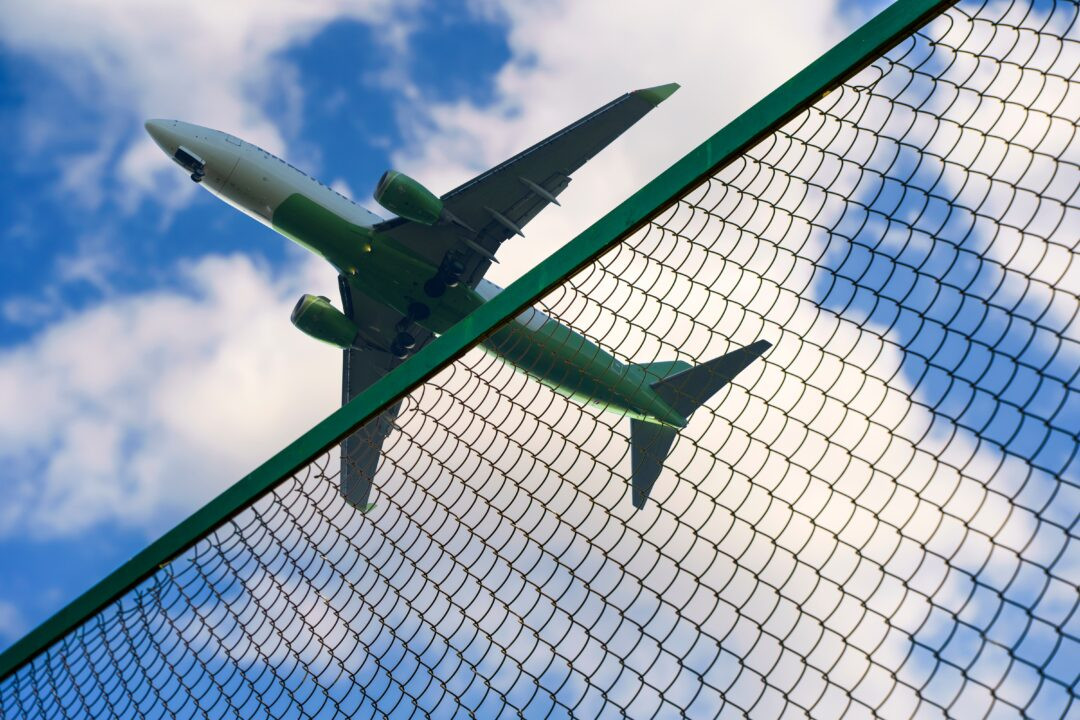
Transport and shipping companies are forced to repair logistical operations as geopolitical tensions reshape the global shipping scene.
In the wake of the newly imposed European Union sanctions, shipping trading in the logistical services sector will urgently reorganize their strategies to move around the Russian airspace. The re -formation sparked the effect of domino: the re -directed flights, increased delivery times, amplification costs, and operational bottlenecks. Shipping companies respond lightly to unprecedented movement – and in some cases, full structural reform.
“In our capacity as a charging, we have reviewed all the air freight routes run by transport companies that use the Russian airspace in light of the newly submitted European Union sanctions,” said Bolint Eyeen, Chairman of the Board of Directors. “To bypass high -risk areas, we have restructured our guidance strategies through Central Asia and the Middle East.”
This re -direction has intensified traffic through major centers including Türkiye, the United Arab Emirates and Kazakhstan. But the reariness was not cheap.
“We have noticed a significant increase in alternative guidance flows,” Aymen explained. “This transformation of costs increased by about 15-20 percent, and caused the delivery delay from two to four days, and requires greater digital integration due to the low vision resulting from guidance changes.”
To face the disorders, the SABAY LOGISTICS has adopted a multi -layer response strategy. These include securing pre -seized capacity blocks, promoting tracking techniques, and creating actual time information panels.
Compliance, risk mitigating, multimedia thinking
Since compliance becomes a more important component in recharging, Sabay Logistics has taken firm steps to enhance the risk management framework-especially for high-risk goods.
“We have updated our weather risk models and established a mechanism for combating compliance with high penalties shipments,” AYMEN pointed out. “All our operations are performed in full alignment with both European Union regulations and international approval.”
High -risk goods are now undergoing a series of new protocols, including your knowledge of customer checks (KYC) for both messengers and messengers, classification of products based on artificial intelligence, and automation of the HS code for early detection of the sensitive elements of the punishment.
“These tools help us manage the complexity and maintain operational integrity in light of the organizational scrutiny,” Aymen said.
The company also helps customers to adapt the wider supply chain strategies. By realizing the increasing restrictions of the air mixture, the Sabay was advised to adopt multimedia solutions – overcoming air, sea and ground transport – to improve cost and flexibility.
“We are providing strategic support in restructuring supply chains through services such as the analysis of costs of small size commodities, high -value goods, and resetting the position of suppliers,” said Aymen. “We advise our customers about alternative transport conditions – such as multimedia or marine solutions – to reduce their dependence on travel.”
Long trips, higher costs
The closure of the Russian airspace also brought the operational shortcomings into the foreground. With some roads in Europe and Asia, which extends up to 25 percent during the flight period, follow the cost enlargement.
“We have seen up to 18 percent in fuel costs,” Aymen confirmed. “There is also an increasing risk of delay, especially for shipments that arise from China.”
To navigate in this environment, Sabay doubles front planning. The company now relies heavily on pre -reservations, flexible capacity agreements with alternative transport companies, and mixed transportation strategies that include ground legs along with flights.
Aymen added: “We have increased our ability to store by 30 percent, and we upgraded our handicraft equipment, and limited transportation times through the enhanced fast customs infrastructure,” Aymen added. “These investments have put Sabay as a regional bridge along the East Corridor in the European Union and urcea.”
But there is also an increasing concentration on safety-especially in light of Russian tankers that re-register aircraft and save parts of western aircraft.
“Safety and maintenance monitoring has become very important,” Ayen said. “In Sabay, we work exclusively with the IATA transport companies and we need complete transparency in relation to the aircraft maintenance record as a mandatory standard in our carrier selection process.”
Defense, energy and strategy sectors
Besides commercial shipping, SABAY noticed the high demand from the defense and energy sectors, both of which require specialized logistical capabilities.
“With the increase in defensive spending throughout Europe, there was a noticeable rise in demand for defense equipment, sensitive equipment, and project shipping charges,” Aymen explained.
To support these sensitive moves, SABAY has made a partnership with service providers who provide safe storage, armored transfer and radio control convoy systems. The company also obtained exclusive agreements with approved transport companies to deal with classified goods and the army.
Meanwhile, Türkiye’s increasing role as a logistical axis has become more prominent as energy-related charges-such as turbine components and high voltage transformers-through its borders.
“Turkish transition centers started playing a major role in logistical services for strategic products,” said Aymen. “In response, we in partnership with specialized service providers to provide heavy transport infrastructure, improved customs clearance procedures and solutions designed for permits -based shipments.”